Medications that Cause Mouth Dryness
Key Takeaways
| Factor | Explanation |
|---|---|
| Medication Side Effect | Dry mouth is a common side effect |
| Types of Medications | Various classes can lead to dry mouth |
| Consultation | Speak with a healthcare provider for alternatives |
Table of Contents
- Introduction
- Common Culprits
- The List: Medications Causing Dry Mouth
- Managing Medication-Induced Dry Mouth
- Consult Your Healthcare Provider
- Conclusion
Introduction
Dry mouth, or xerostomia, isn't merely an annoyance. It's a condition that can lead to serious oral health problems. A common cause of dry mouth is the medication one is taking. This article delves into the various medications known to induce dry mouth.
Common Culprits
Medications, while alleviating certain health conditions, often come with a host of side effects, dry mouth being a prominent one. It's crucial to know which medications might lead to dry mouth, especially if you are already predisposed to oral health issues.

The List: Medications Causing Dry Mouth
Here’s a compiled list of common medications known to cause dry mouth:
| Medication Class | Examples |
|---|---|
| Antihistamines | Diphenhydramine, Loratadine |
| Decongestants | Pseudoephedrine |
| Antidepressants | Amitriptyline, Sertraline |
| Antipsychotics | Haloperidol, Olanzapine |
| Hypertension Drugs | Lisinopril, Amlodipine |
| Diuretics | Furosemide, Hydrochlorothiazide |
| Muscle Relaxants | Cyclobenzaprine, Baclofen |
| Pain Relievers | Codeine |
| Sedatives | Diazepam, Lorazepam |
Medications can lead to dry mouth due to their action on certain parts of our body's system. Many medications, especially antihistamines, decongestants, painkillers, and diuretics, have a drying effect because they work by blocking certain chemical signals or altering fluid levels in the body. For instance, they may block acetylcholine, a neurotransmitter that helps stimulate saliva production among other functions. When the signal to produce saliva is interrupted or diminished, the salivary glands produce less saliva, leading to dry mouth. Additionally, medications that lead to fluid loss, like diuretics, can also reduce the amount of saliva produced as the body tries to retain water.

Managing Medication-Induced Dry Mouth
- Drink plenty of water, find out how water can relieve dry mouth.
- Chew sugar-free gum to stimulate saliva, check out different types of saliva and what they mean, here.
- Avoid irritants like tobacco and alcohol
- Maintain good oral hygiene to prevent further complications
- Get your hands on a specialised product for Mouth Dryness
Consult Your Healthcare Provider
If medication-induced dry mouth is affecting your quality of life, it's wise to consult with your healthcare provider. They might adjust your dosage or suggest alternative medications that don’t have dry mouth as a side effect.
Medication-induced dry mouth is a common issue, but not one without solutions. Being informed about the medications you are taking, managing symptoms and having open communication with your healthcare provider can significantly improve your oral comfort and overall health.

Medication isn’t the only culprit when it comes to dry mouth. Learn more about why you might wake up with a dry mouth and how to manage dry mouth at night for a better morning and a brighter smile.

Sense Hero
Sense Hero mouth Spray UK: Quick Fix for Dryness, Vapers Tongue and Palate Cleansing
View full details

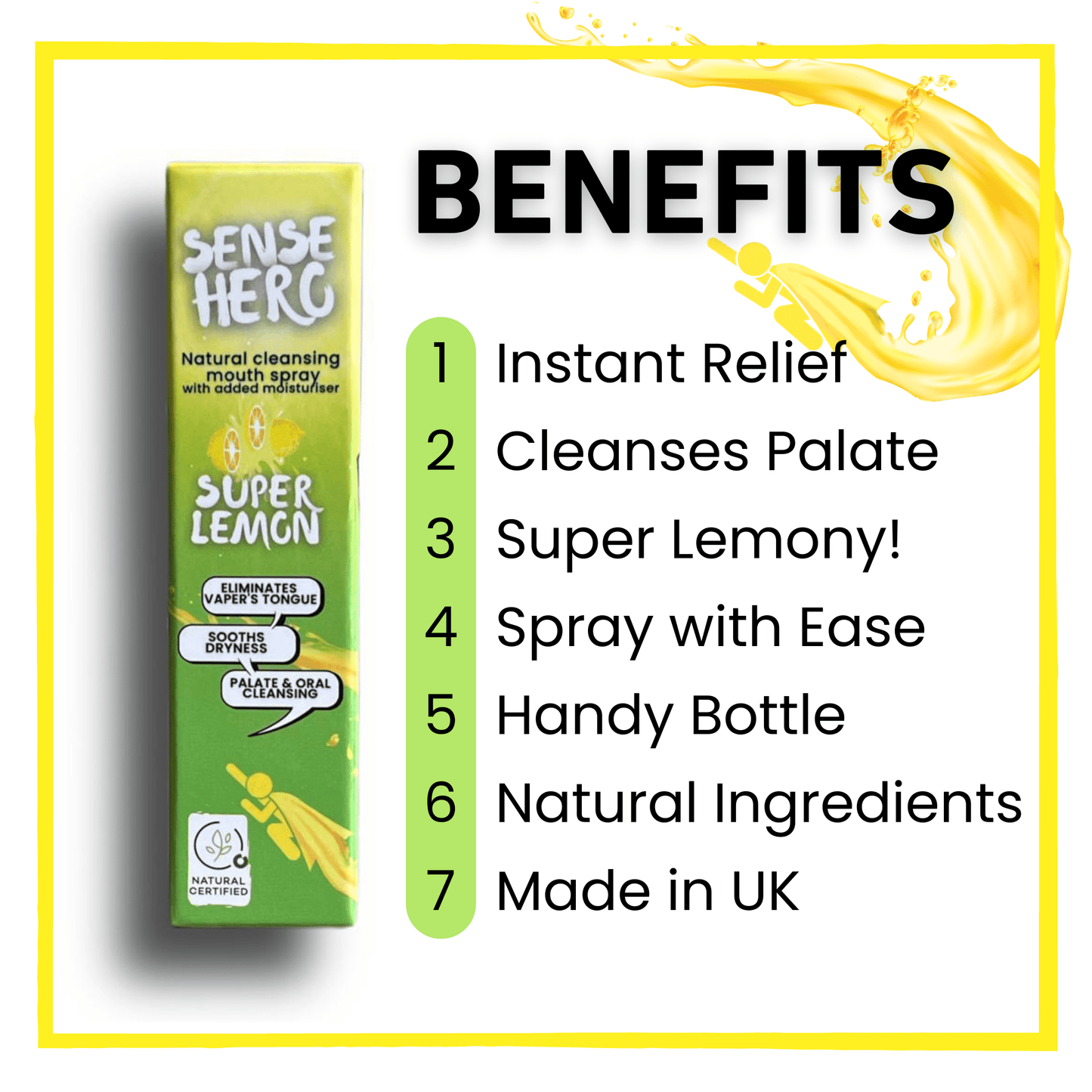
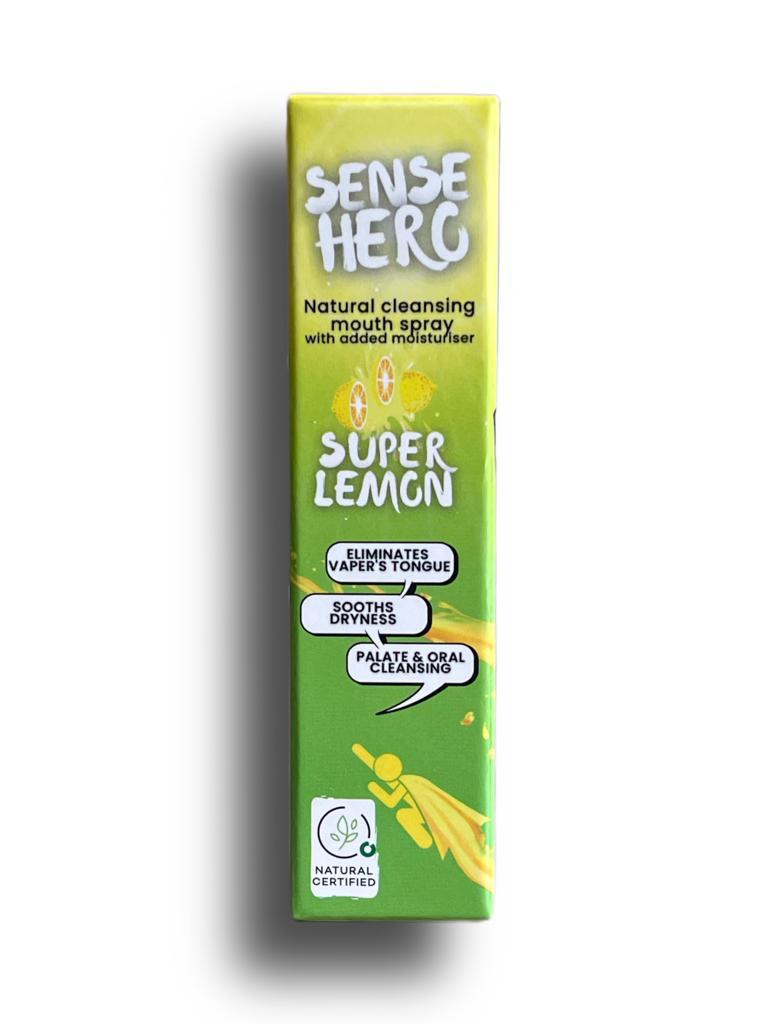
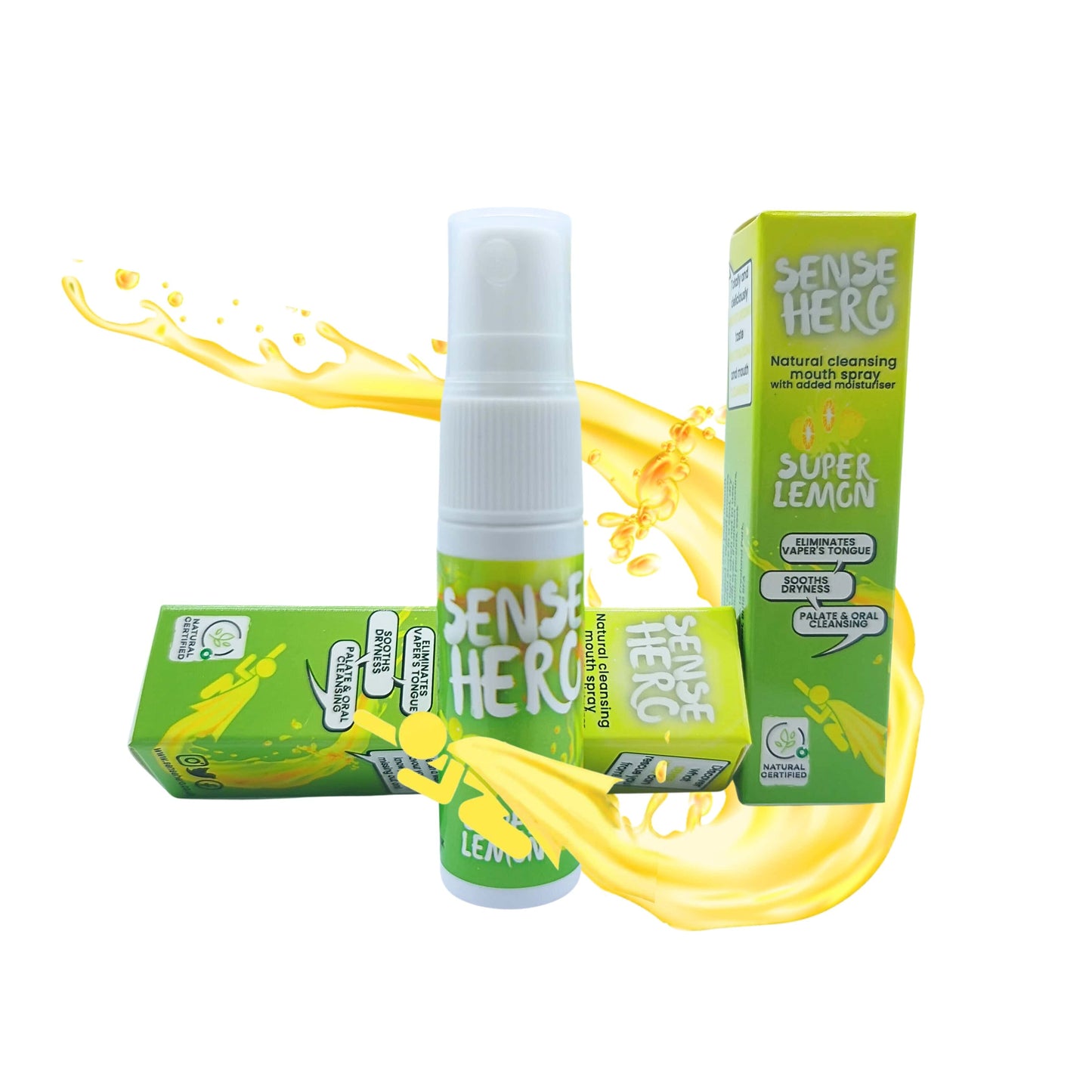
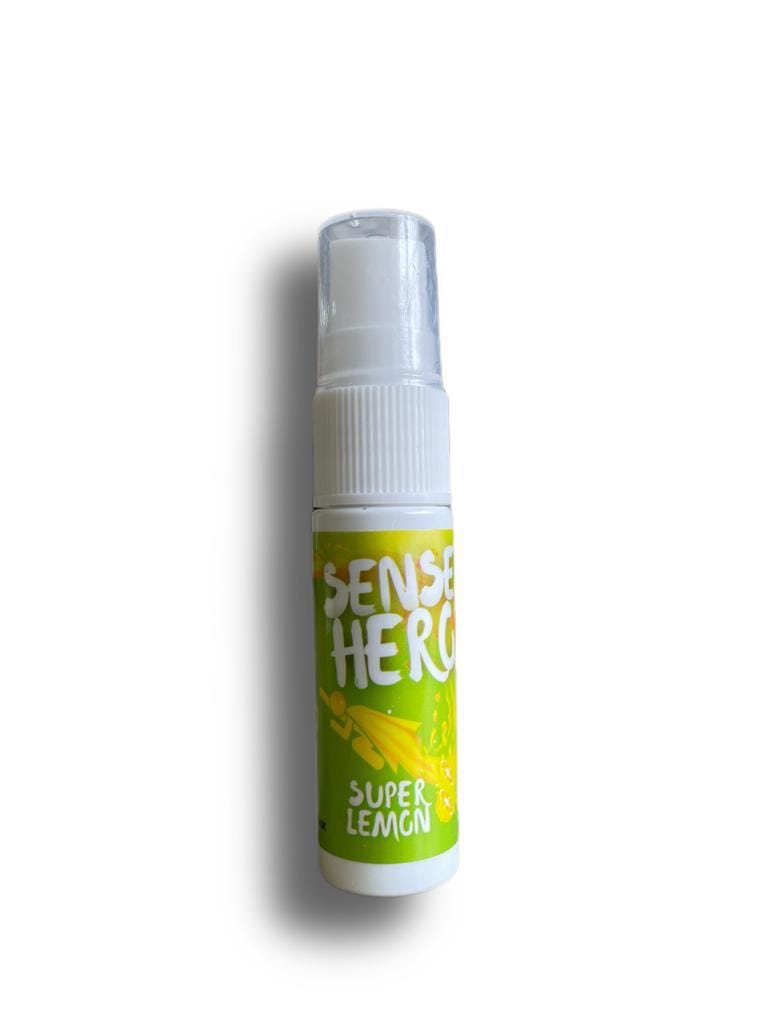
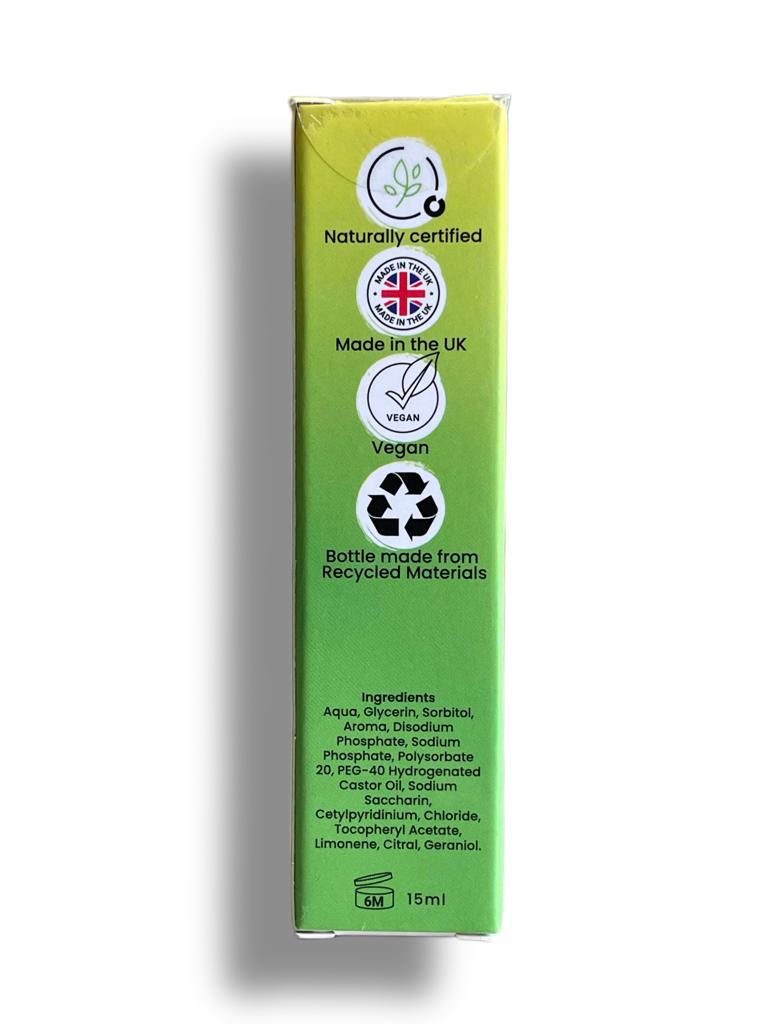

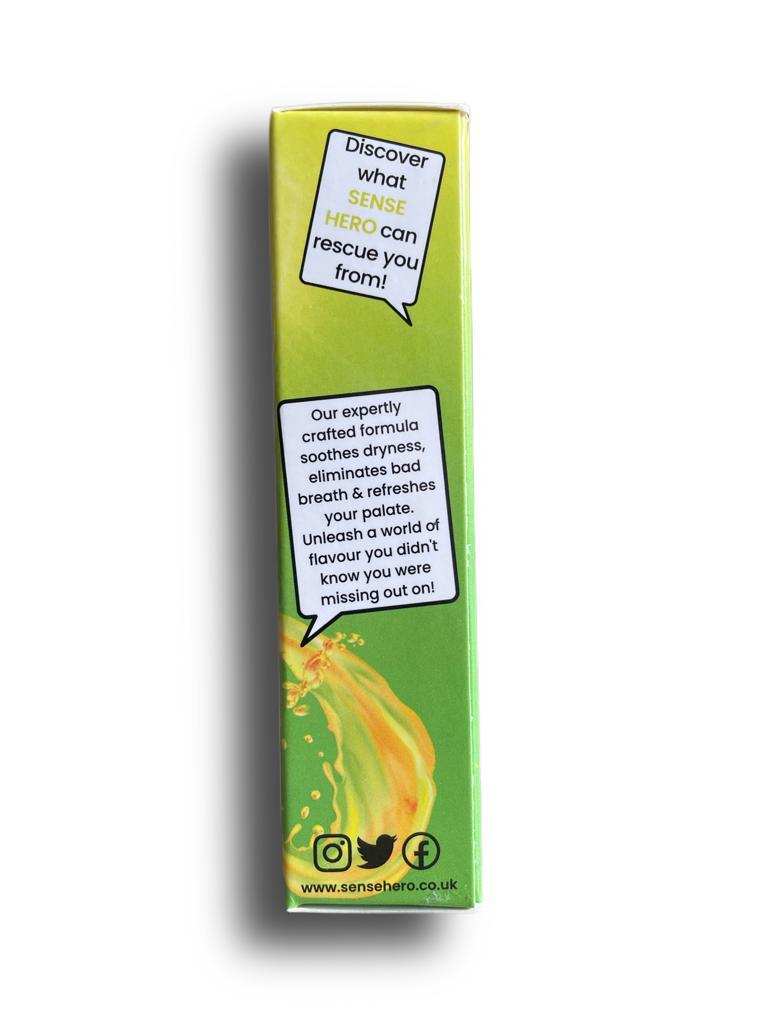
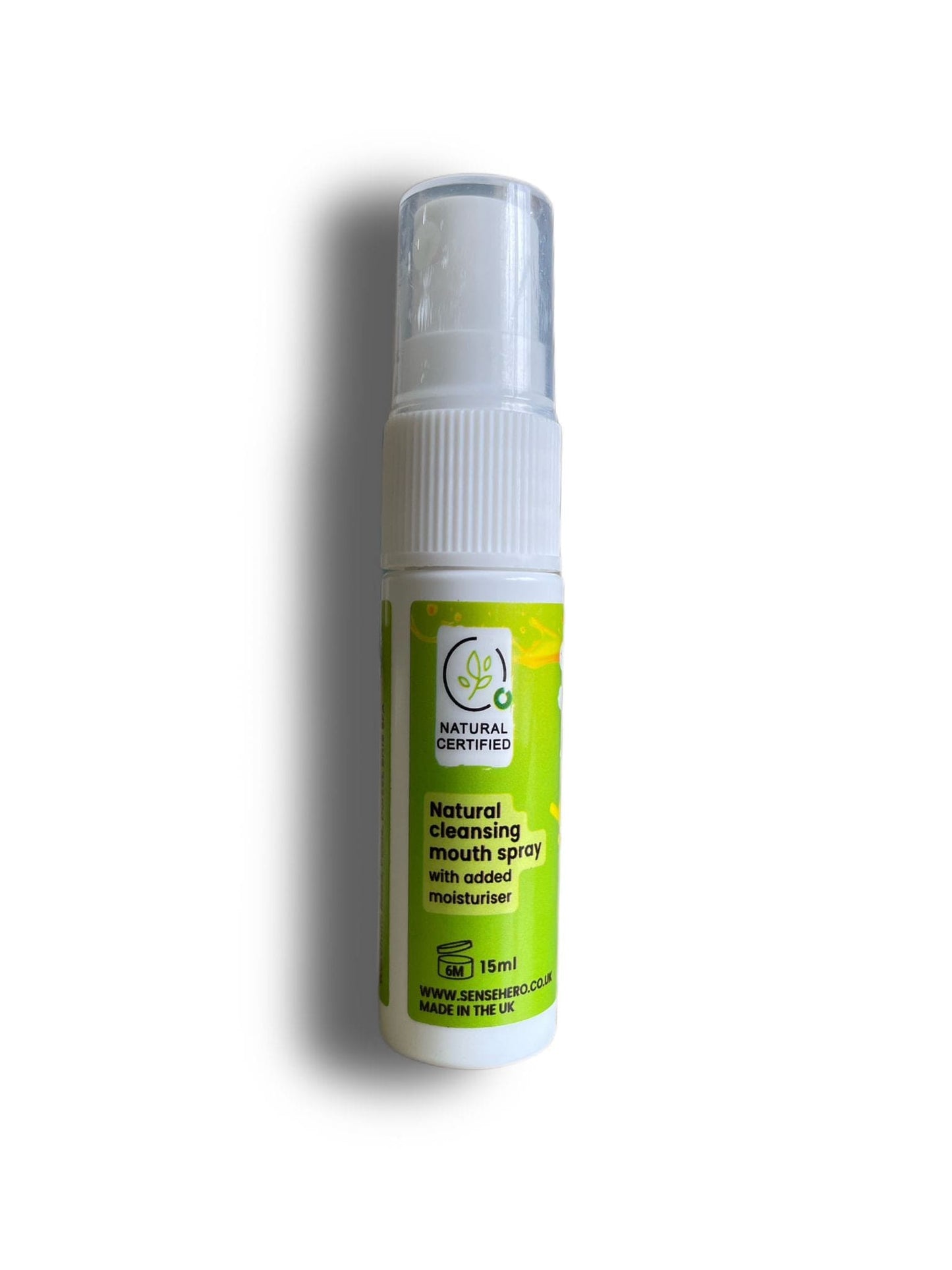

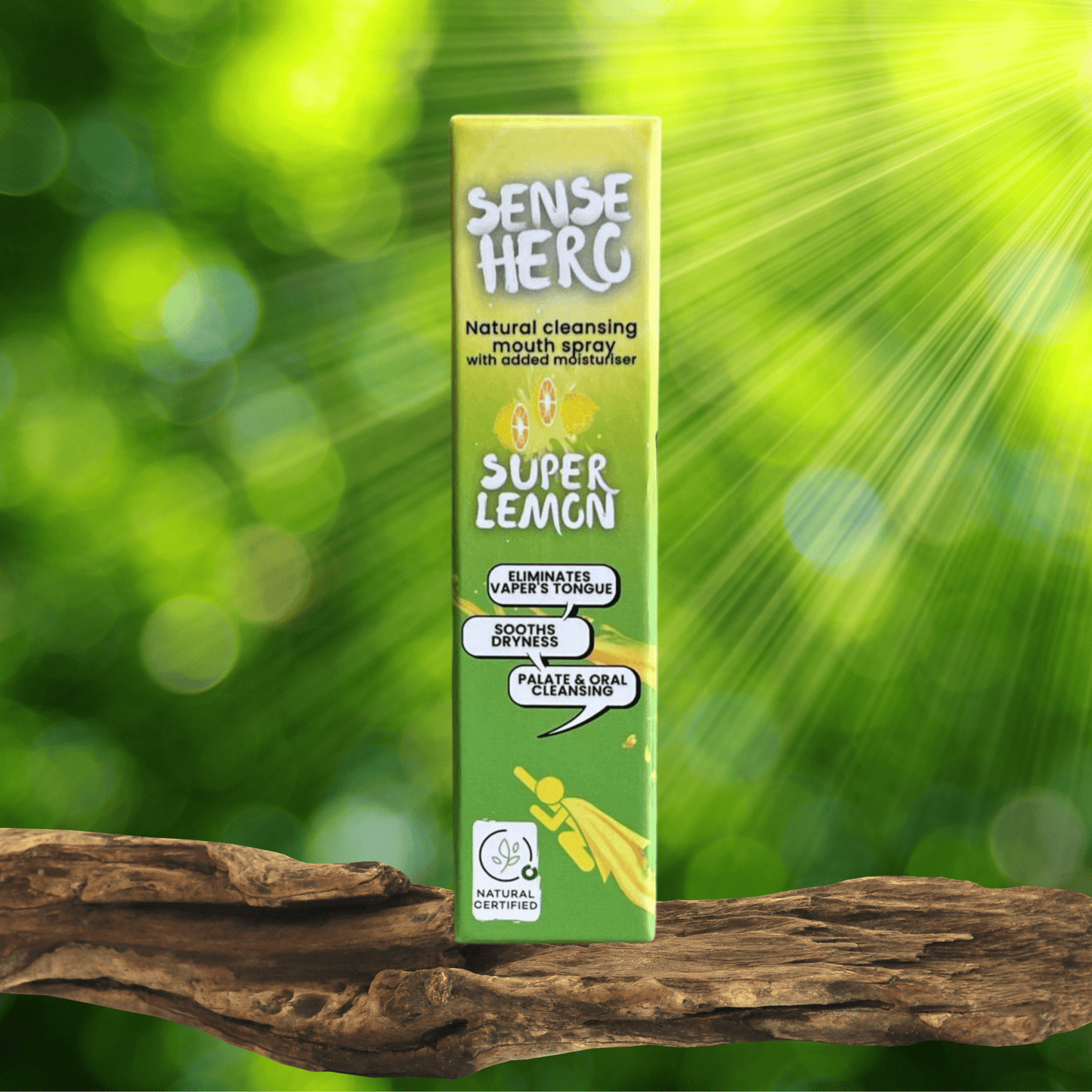
Sense Hero spray is not a medicinal product and is not intended to diagnose, treat, cure, or prevent any disease. Sense Hero Spray is designed for personal comfort.

